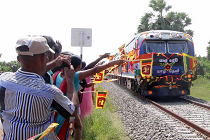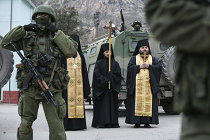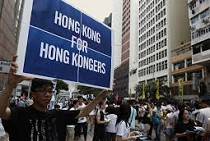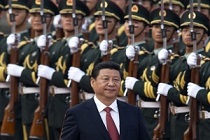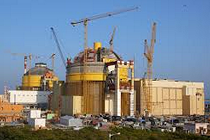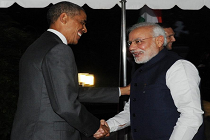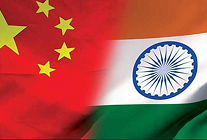Should India give up on the UNSC?
Despite staking a claim to permanent UN Security Council membership 60 years ago, India is no closer to that goal. While conflict zones remain in Africa and Asia, economic might has shifted eastwards. The West-dominated UNSC is becoming irrelevant. If India becomes a permanent member, can it influence the council’s ethos?


